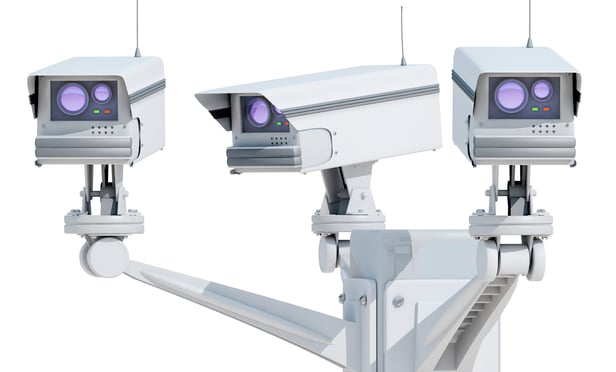Recently, news broke that not one but two former high-ranking Pennsylvania state officials—former Treasurer Rob McCord and John Estey, the one-time top aide to Gov. Ed Rendell—secretly recorded conversations, potentially thousands of them, with political and business leaders at the behest of federal law enforcement. These revelations bring focus on the regulations concerning electronic surveillance and wiretapping: Under what circumstances do they permit the interception of seemingly private conversations? Can law enforcement officers or cooperators record seemingly private conversations without permission? How about private citizens? And do persons who learn their communications have been intercepted without their permission have any recourse? What follows is a primer on this complex and highly technical area of the law.
What’s at issue? Electronic surveillance takes numerous forms and encompasses generations of technology. It is more modern and sophisticated than the cinematic images of bugs in pepper shakers and agents in the next motel room with a parabolic microphone—though it certainly includes those things. It also occurs when someone records a phone call or face-to-face conversation with an app on his or her smartphone. Commonly these days, ”electronic surveillance” covers the many ways in which law enforcement and cooperators intercept phone calls, texts, computer data, and emails. It is wiretaps, microphones planted in offices and cooperators wearing body wires.
This content has been archived. It is available through our partners, LexisNexis® and Bloomberg Law.
To view this content, please continue to their sites.
Not a Lexis Subscriber?
Subscribe Now
Not a Bloomberg Law Subscriber?
Subscribe Now
LexisNexis® and Bloomberg Law are third party online distributors of the broad collection of current and archived versions of ALM's legal news publications. LexisNexis® and Bloomberg Law customers are able to access and use ALM's content, including content from the National Law Journal, The American Lawyer, Legaltech News, The New York Law Journal, and Corporate Counsel, as well as other sources of legal information.
For questions call 1-877-256-2472 or contact us at [email protected]



